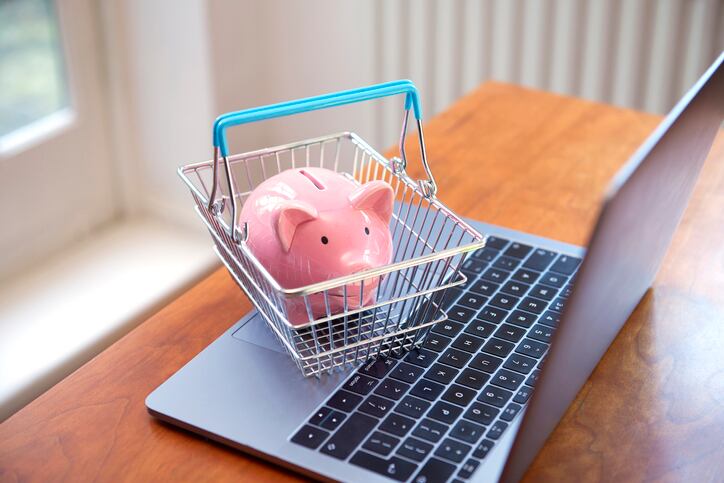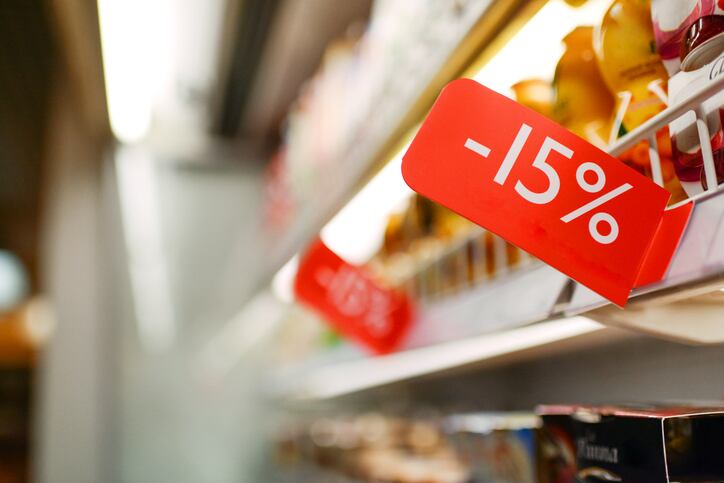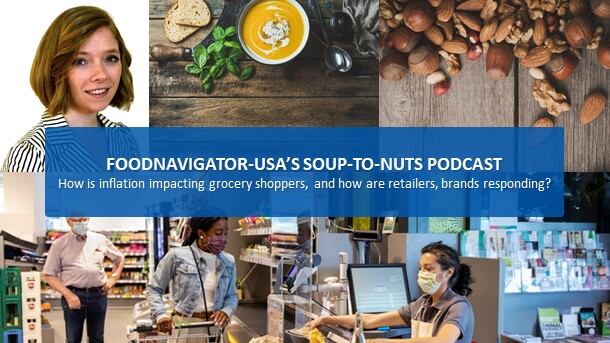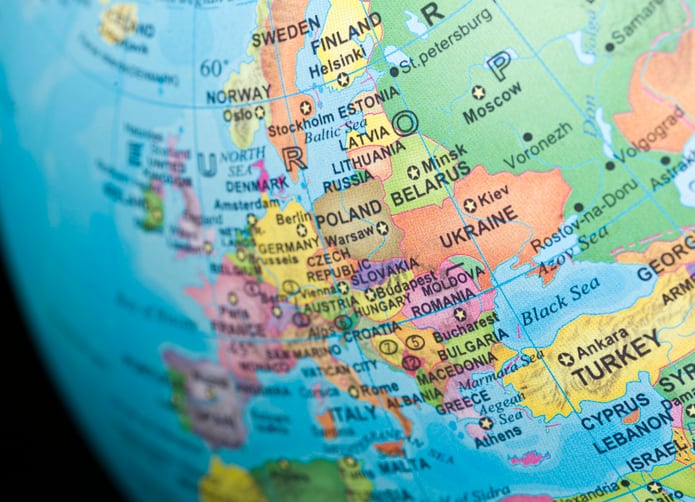According to FMI’s report, US Grocery Shopper Trends 2022 Navigating a Hybrid World, released this week, half of consumers now order groceries online every two weeks or more – up 9 percentage points from the start of the pandemic.
An even higher percentage – 64% – of shoppers have bought groceries online in the past 30 days and 15% say they do so almost every time.
This represents a 30% increase from pre-pandemic levels when 49% of shoppers bought groceries online in the previous 30 days, said Heather Garlich, senior vice president of communications, marketing and consumer/community affairs at FMI.
Much of this growth stems from consumers looking for safe ways to buy groceries during the pandemic, but FMI research found that as fears of COVID-19 slowly subside they are being replaced by worries about inflation, which is reinforcing a desire to shop online, Garlich said.
'When it comes to budgeting, the ability to see their entire cart online and its total cost before checking out allows shoppers more control'
She explained that FMI found 86% of grocery shoppers are concerned about access to food, including 53% who worry about rising prices on the foods they prefer and 26% who worry about having enough money to pay for food. This is pushing some to favor online shopping, which they perceive as giving them more control over their budgets, she added.
“In the face of rising food prices, shoppers enjoy the convenience of easily comparing prices online and to price and browse a wide selection of products to get exactly what they want,” Garlich said.
She added: “When it comes to budgeting and saving money, the ability to see their entire cart online and its total cost before checking out allows shoppers more control and nimbleness to strip out any unnecessary purchases so they can stick to the budgets.”
In addition, digitally enhanced tools make deal hunting quicker and easier, starting with digital coupons and extending beyond specific retailers to third-party apps that list weekly circulars in one place and offer rebates that help shoppers in their search for value, Garlich said.
Finally, she said, digital planning tools help consumers plan and buy their groceries more efficiently.
Many consumers (62%) also prefer shopping online because they believe it saves time, and 40% say it is better than in-person shopping for discovering new products, “which is really exciting for retailers,” Garlich added.
Personal shoppers could overcome top online weakness
While digital tools make many shoppers’ lives easier and aid in budgeting, online shopping has its trade offs – the most often cited of which is a loss of control over selection and missing the sensory experience of shopping, Garlich said.
According to FMI’s research, many shoppers equate in-store shopping with higher quality products, with 43% saying the feel that they get better quality products in store versus 17% who said the same about online shopping.
“This is likely why in-person continues to be the default mode for many shoppers. Even those who shop online at least some of the time said that 70% of their grocery trips are done in person in the store,” Garlich said, citing data from the study.
This underscores the importance of retailers and brands offering products across multiple channels and facilitating a hybrid shopping experience. It also reveals an opportunity for retailers to set themselves apart by offering or expanding personal shopping, said Doug Baker, vice president of industry relations at FMI.
He explained personal shoppers can create one-on-one relationships with online shoppers and help alleviate their anxiety, offer greater ability for online shoppers to make in the moment decisions at the shelf to better compete in the online space moving forward, and maybe increase basket size by offering product substitutions when something is out of stock or additions to round out a cart.




